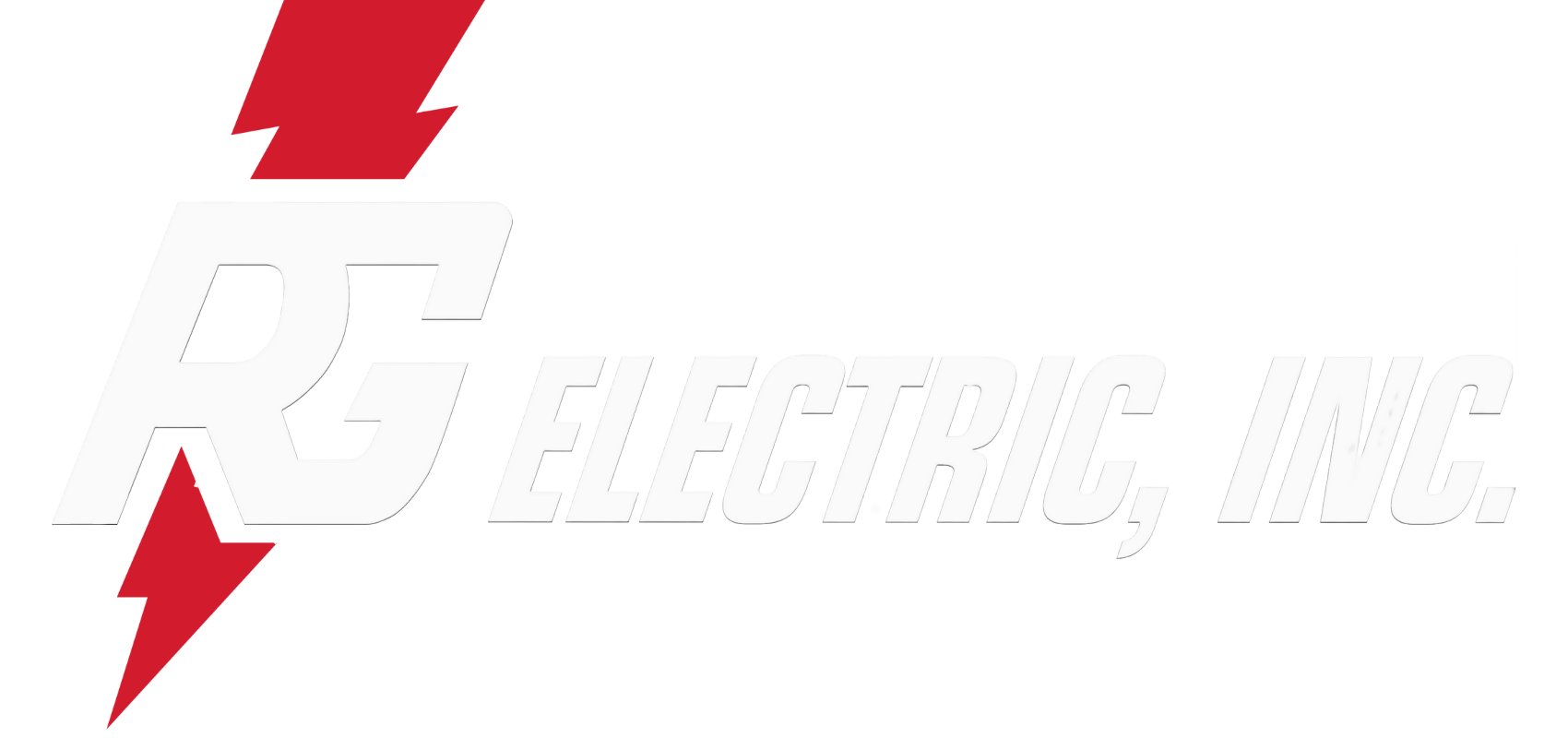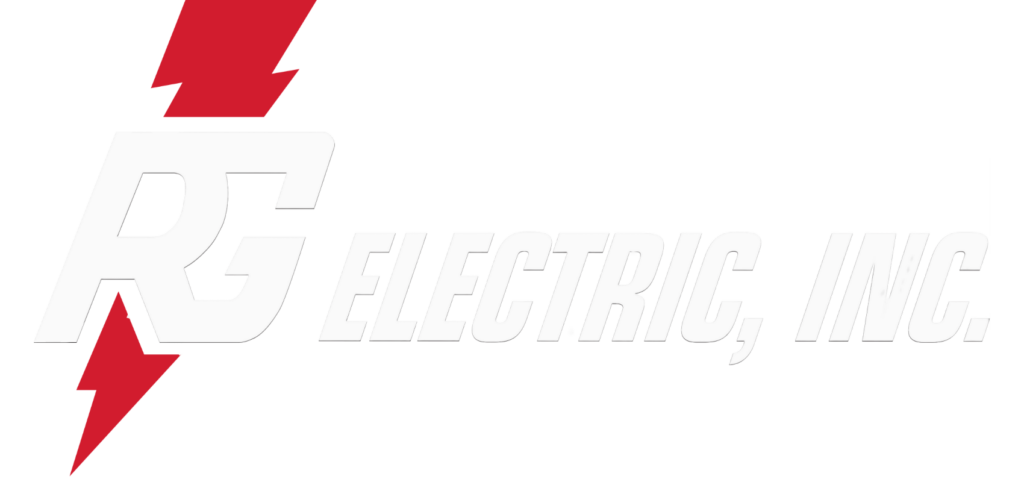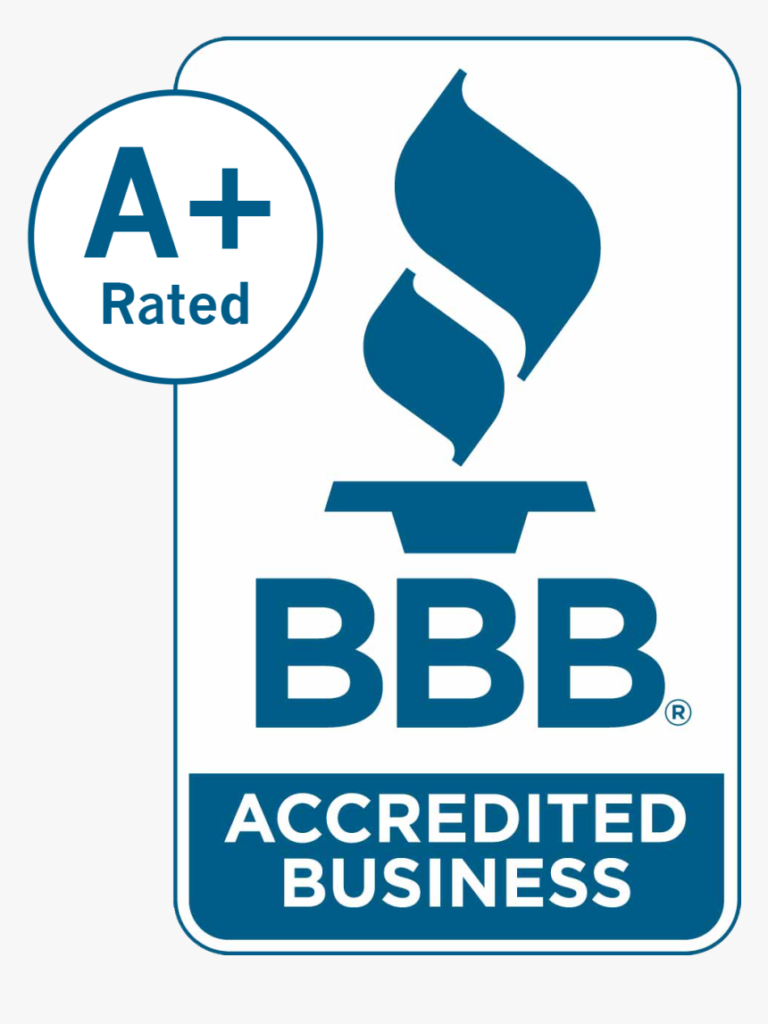Solar Systems: Your Beacon of Light During Power Outages
When the lights go out and the neighborhood plunges into darkness, the question on many eco-conscious minds is: “Will my residential solar system save the day?” It’s a valid query, especially for those who’ve made the leap to solar energy, envisioning not just a greener lifestyle but also a buffer against inconvenient and sometimes a costly power outage. Let’s shed some light on this topic, exploring whether your solar setup is indeed a lighthouse during the stormy seas of electrical interruptions.
Understanding the Solar Power Paradox
At first glance, it seems like solar panels should naturally provide an uninterrupted power supply during outages, right? After all, the sun hasn’t gone anywhere. However, the answer isn’t quite as straightforward as a sunny day. Here’s why:
- Grid-tied Systems: The majority of residential solar systems are connected to the local utility grid. This design is for both safety and efficiency, allowing homeowners to feed excess electricity back into the grid and draw power when needed. The catch? For safety reasons, these systems are designed to shut down during a power outage to prevent back feeding electricity into the grid and risking the safety of utility workers repairing lines.
- Island in the Sun: The good news is that not all hope is lost when the grid goes down. Specific configurations can transform your solar system into an island of energy self-sufficiency during outages. Enter the dynamic duo of solar batteries and inverters.
Solar Batteries: Your Energy Lifeboats
- Storage to the Rescue: Solar batteries store excess energy produced by your panels during the day. Think of them as your energy savings account, ready for withdrawal when the grid’s currents stop flowing.
- Capacity and Usage: The size of your battery storage dictates how long you can keep the lights on. It’s a delicate balance between your energy needs and the capacity of your battery system. Prioritizing essential loads, like refrigerators and lighting, can help extend this lifeline.
Smart Inverters: The Conductors of Your Solar Orchestra
- Beyond Conversion: While traditional inverters simply convert solar DC power into home-friendly AC power, smart or hybrid inverters take it a step further. They manage the flow of electricity from your panels to your home, batteries, and the grid.
- Islanding Mode: Some inverters come equipped with a magical feature known as “islanding.” During an outage, they can isolate your system from the grid, allowing you to use your stored solar power without endangering line workers.
Solar System Preparedness: Ready for Any Weather
Ensuring your solar setup is equipped to handle outages involves a bit of foresight and investment:
- Upgrade for Independence: Consider adding a battery storage system and a smart inverter to your solar arsenal. While this ups the initial cost, the payoff in resilience and peace of mind during outages is priceless.
- Maintenance and Monitoring: Regularly check your system’s health and storage levels. Being proactive can mean the difference between weathering the storm in comfort or scrambling for candles.
Lighting the Way Forward
In summary, while standard grid-tied solar systems alone won’t keep your home powered during an outage, the addition of solar batteries and smart inverters can turn your solar dream into a beacon of reliability. Investing in these technologies not only enhances your energy independence but also ensures that when the grid falters, your home remains a bastion of light and comfort. So, as we march towards a future where a power outage may become more common, equipping your residential solar system for autonomy is not just wise; it’s a declaration of independence from the uncertainties of the grid.



